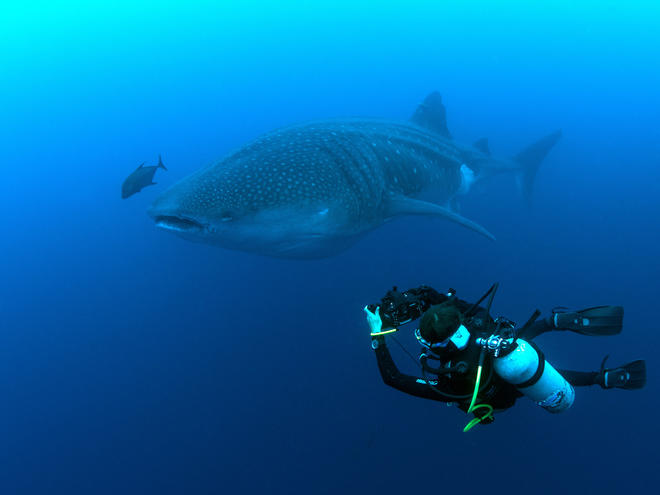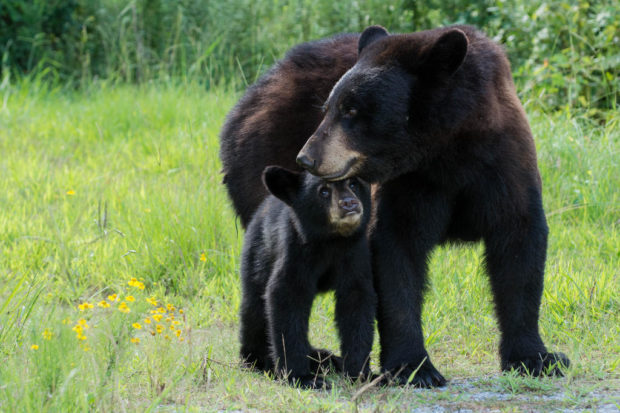Shining new light on the toxicity of chemicals in produced water
In the United States, onshore oil and gas extraction operations generate nearly a trillion gallons of produced water annually. It[…]
Read moreDedicated To People, The Planet, and All Its Inhabitants – Since 1996

In the United States, onshore oil and gas extraction operations generate nearly a trillion gallons of produced water annually. It[…]
Read moreBy Tom Neltner / Published: November 13, 2019 Per- and poly-fluorinated alkyl substances (PFAS)—recently dubbed “forever chemicals”—have received a large[…]
Read moreWhen President Trump announced his plans to withdraw from the Paris Agreement in 2017, businesses spoke out en masse in[…]
Read moreAustralia’s bushfires are feeding on heat from the climate change happening in the tropics, but its government doesn’t want to know.
The post Greenhouse gases drive Australia’s bushfires appeared first on Climate News Network.

Selected for their innovative proposals and merit-based history, the 2019 cohort of Train Fellows will focus their research on key topics, from analyzing whale shark behavior in the Galápagos to preserving critical landscapes throughout Bhutan.
Read moreThe Trump administration is reportedly expanding its dangerous plan — originally proposed by former Administrator Scott Pruitt — to limit[…]
Read more
During the 2015 hunting season in Florida, 304 bears were killed in just two days, including 179 female bears. Approximately 38 of those were lactating, meaning these bears had cubs they were still feeding and caring for. Photo by Anton Sorokin/Alamy Stock Photo
Florida authorities are now considering a proposal to manage the state’s black bear population, including a plan that could open the animals to the sights of trophy hunters. But a new statewide poll shows that more than two-thirds of Floridians are against the idea of . . .
The post New poll shows more Floridians than ever oppose hunting of black bears appeared first on A Humane World.
Electric vehicles (EVs) can not only help clean the air and cut carbon emissions but also save millions of pounds[…]
Read morecows_cattle_field_pasture_1200x630.jpg
When you see a “Product of U.S.A.” label on a package of meat you should be able to assume that the meat you’re looking at came from an animal raised and processed here in the U.S….
Read moreThis blog initially was published as a guest column in Chemical Watch on September 9, 2019. After publication, FDA filed[…]
Read more